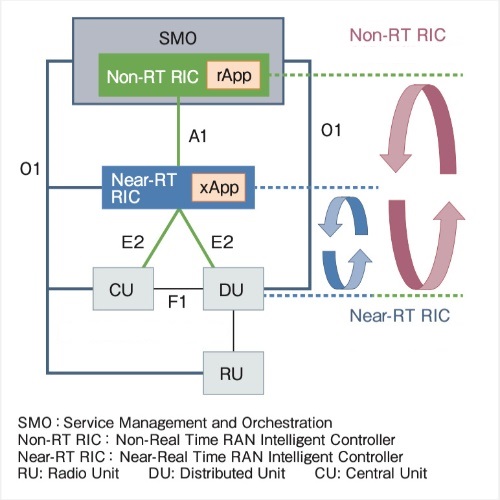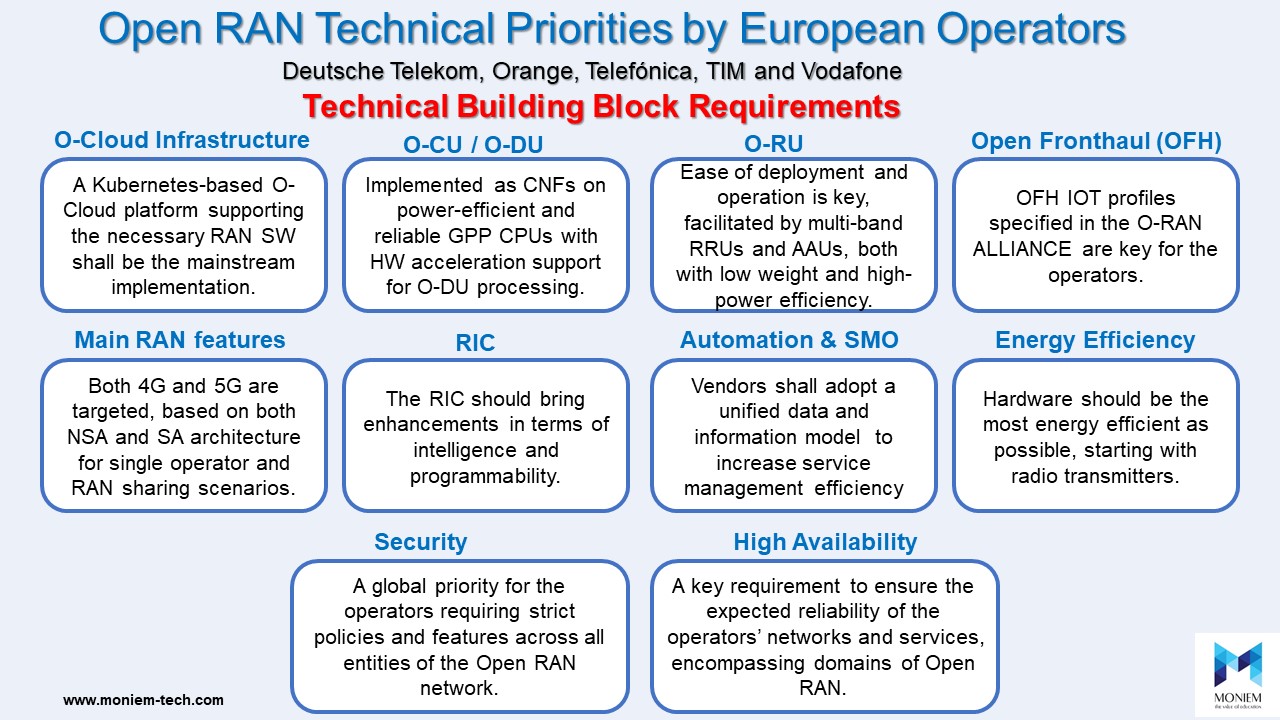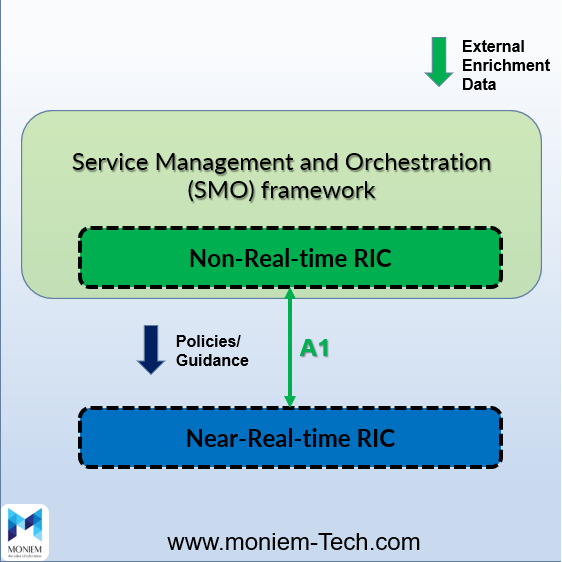
In this article, I’d like to give more focus on a powerful component in the Open Radio Access Network (Open RAN) Architecture that will make an amazing shift in the […]
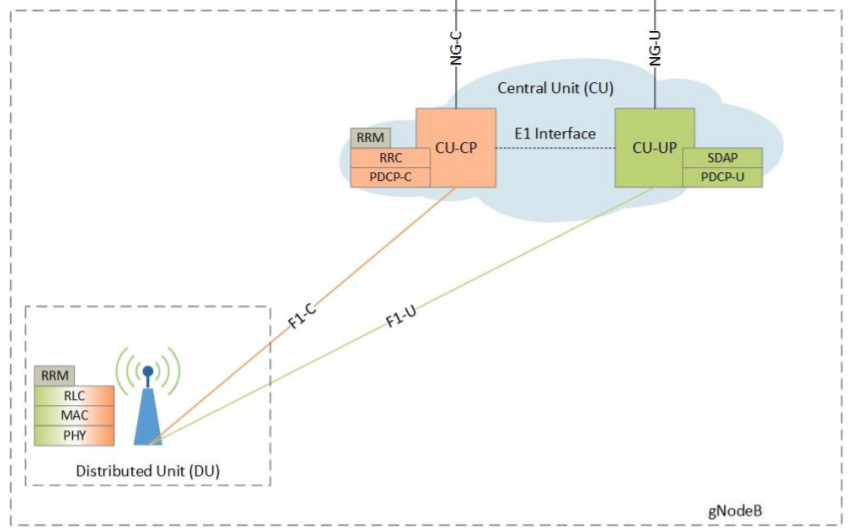
Open RAN disaggregates the RAN into main 3 components as below: ? Upper Layer Split Central Unit (CU) • Logical node that includes a portion of the eNB/gNB functions as defined […]
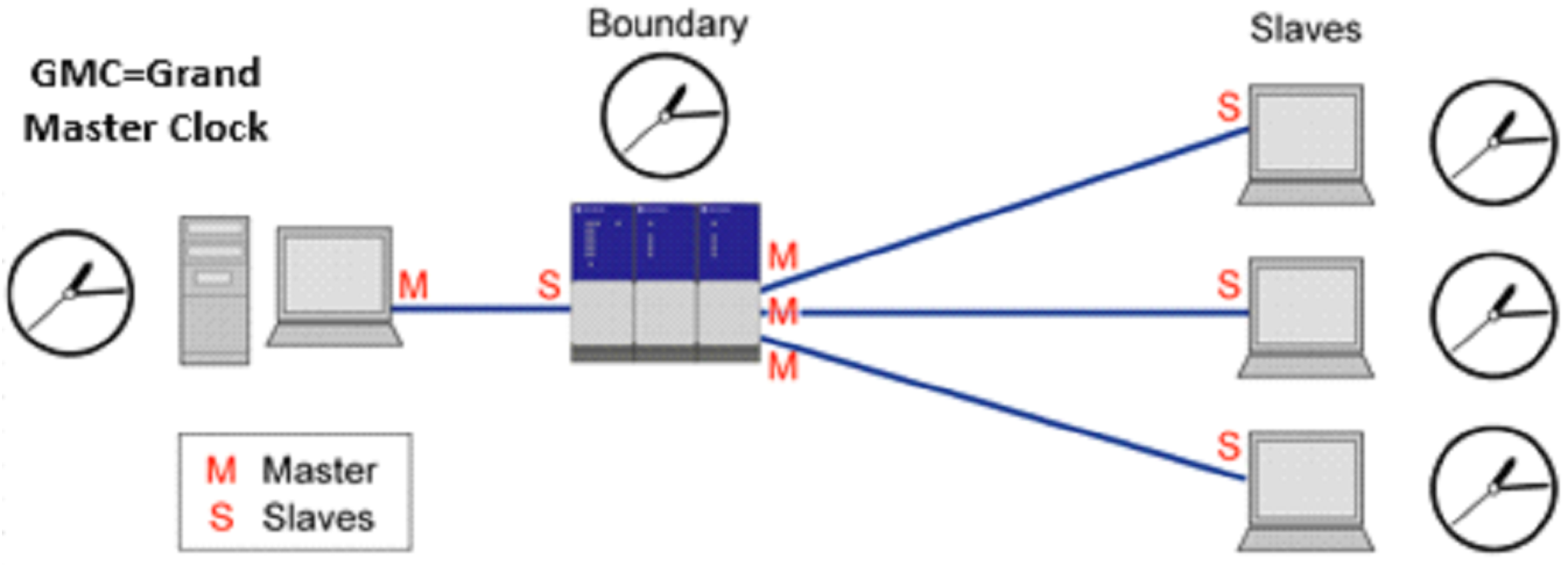
Introduction Several time synchronization mechanisms can be used in a network. The most common standards are Network Time Protocol (NTP) and Precision Time Protocol (PTP). NTP, which is the older, […]
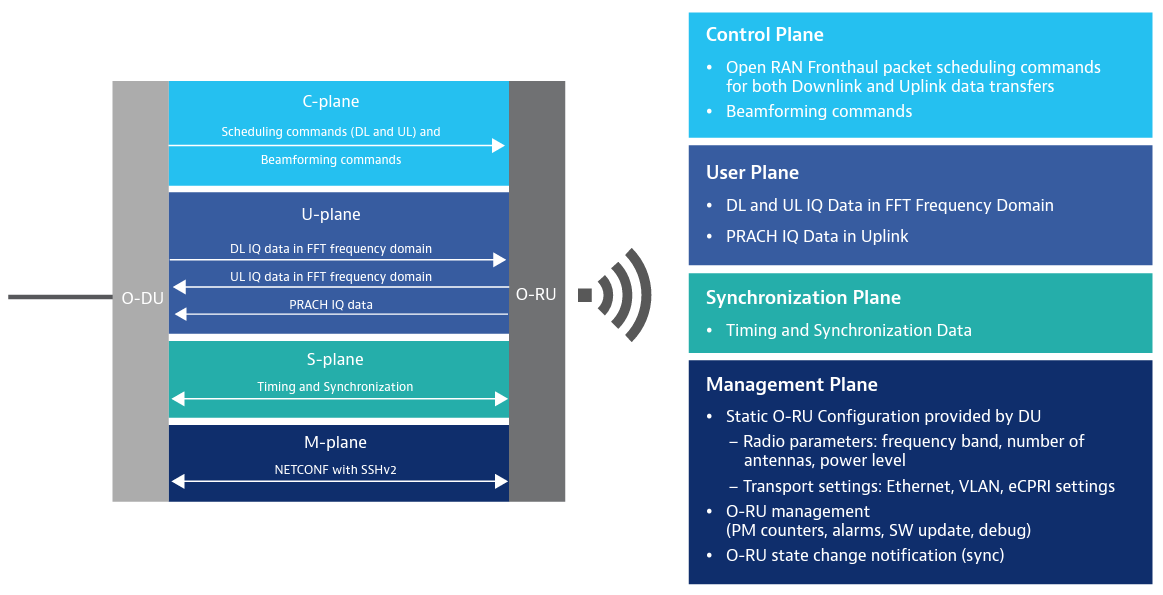
O-RAN’s proposed concepts and architectures use a split-RAN concept. There are 8 known ways to functionally split the RAN, and each one proposes splitting the processing so that different parts […]

For the introduction of RAN functions disaggregation and open interfaces in 5G, 3GPP has in Release 15 specified a Higher Layer Split (HLS) option of the gNB, which is also […]

First, We need to understand the most important question, Why do we need to change our RAN from a traditional setup to a more flexible one? The Answer is: Heavy […]

O-RAN’s proposed concepts and architectures use a split-RAN concept. There are eight known ways to functionally split the RAN, and each one proposes splitting the processing so that different parts […]
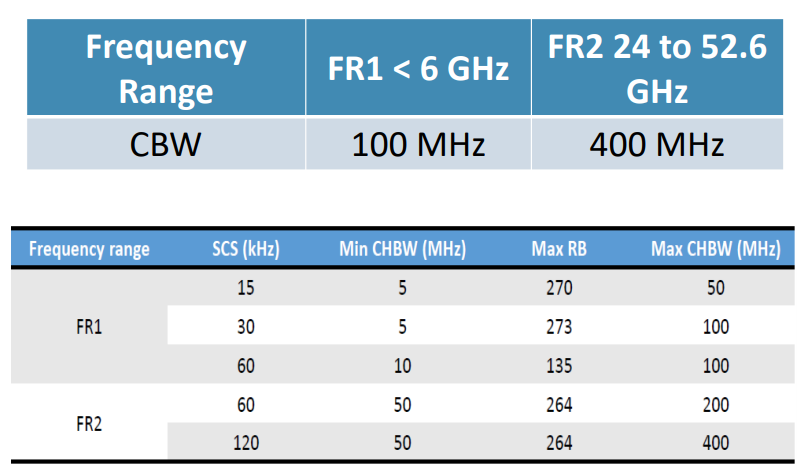
Not all radio spectrums are equal. Sub 1GHz offers the best coverage profile; however, the amount of low band spectrum available is limited. Frequency range two (FR2), i.e. greater than […]
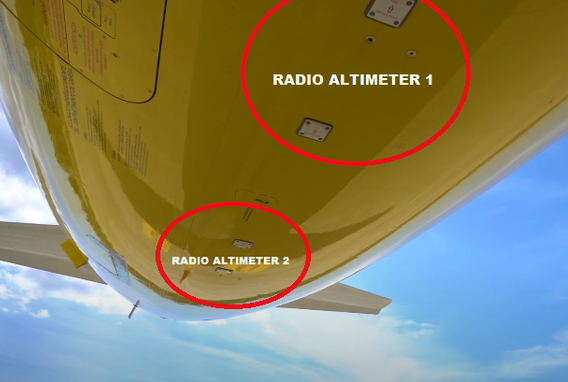
Federal Communications Commission FCC auctioned the C-band spectrum between 3.7-3.98 GHz in early 2021. The U.S. Federal Aviation Administration (FAA) has warned that the new 5G technology could interfere with […]

In the high-level network architecture, the RAN is represented as a single functional entity whereas in reality the realization of a 5G RAN is not so straightforward. In GSM/GPRS and […]
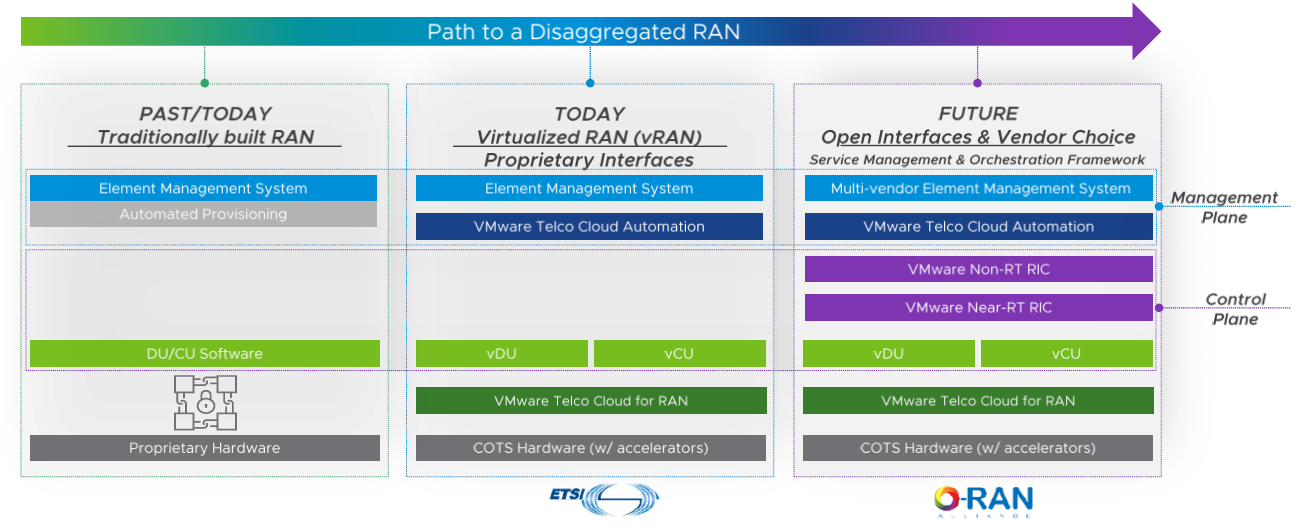
The Road to Open RAN is not easy one, there are a series of steps should be taken before migration or starting design the network architecture based on Open RAN. […]

For mobile operators, 5G is far more than a faster version of the 4G/LTE standard. 5G will be an entirely new networking architecture — “a network of networks” — with […]
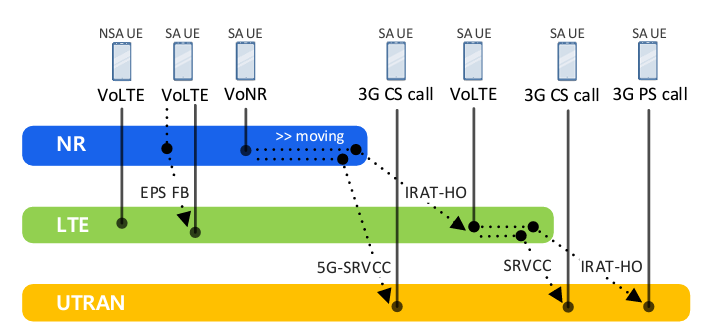
Although the request for data services is the primary driver behind the growth and evolution of 5G, voice service is still an indispensable part of mobile communication network. The Voice […]
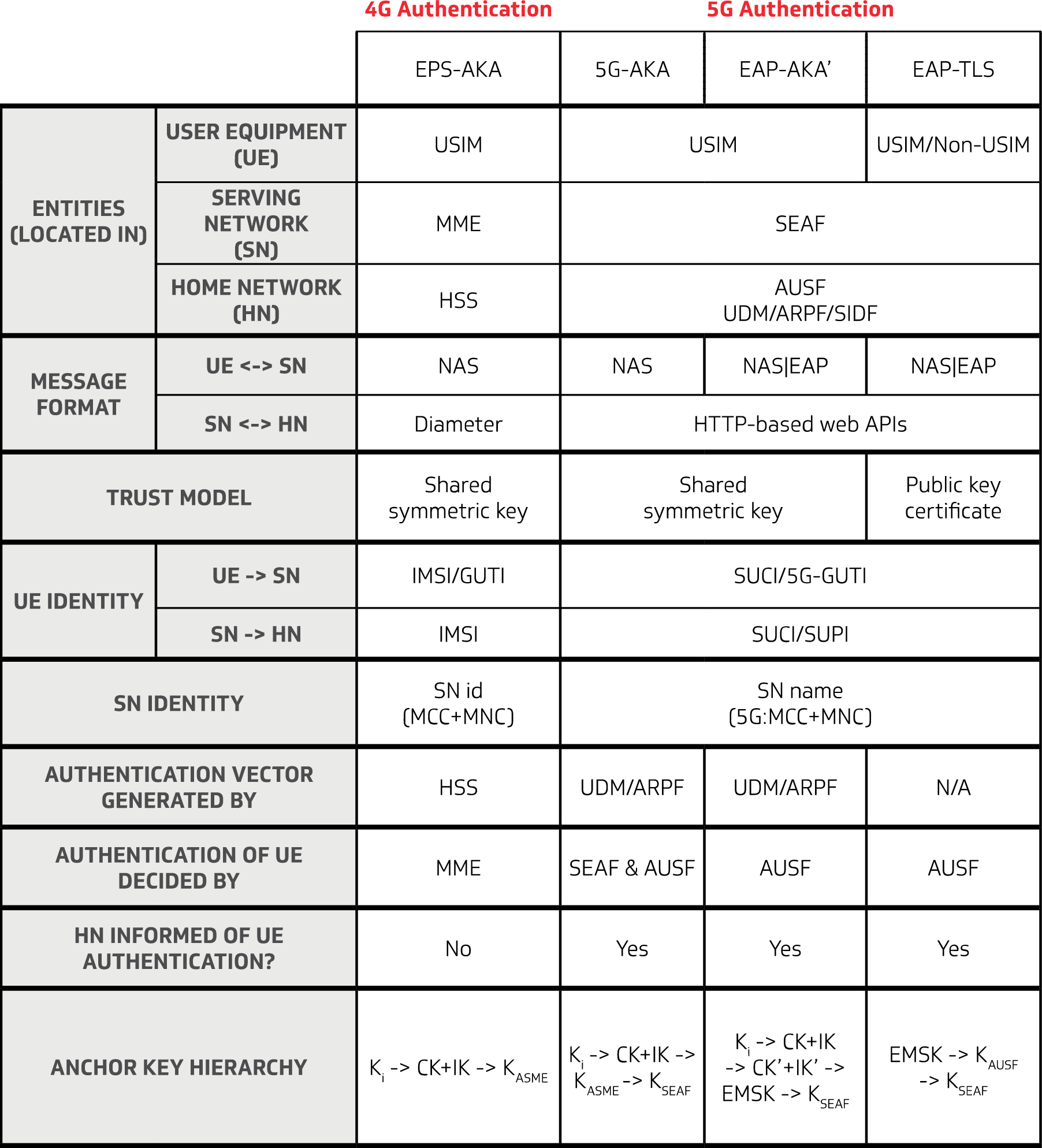
The authentication procedure in 3GPP 5G security has been designed as a framework to support the Extensible Authentication Protocol (EAP) – a security protocol specified by the Internet Engineering Task […]
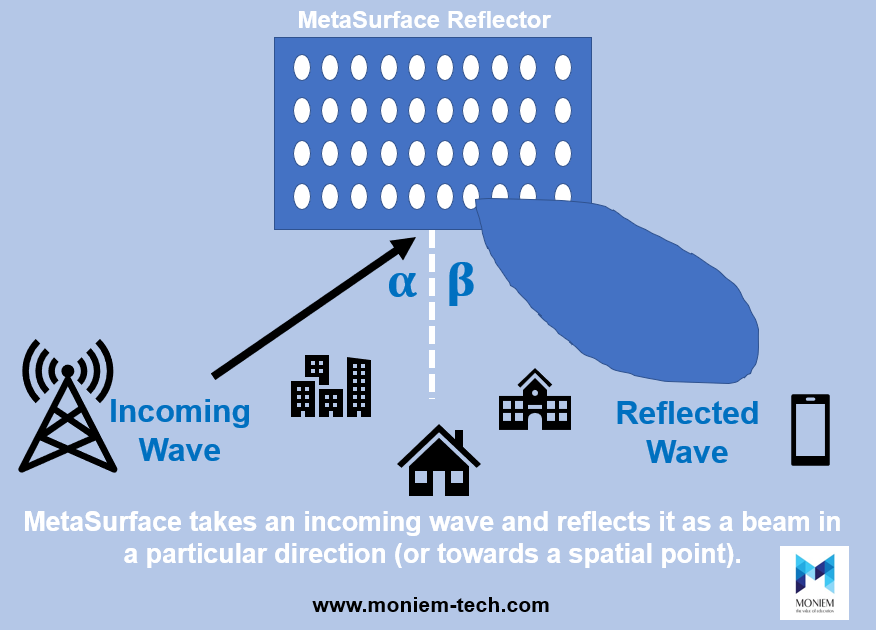
The first thing that came to my mind when Facebook CEO Mark announced to change the name of his mega applications (Facebook, WhatsApp, Messenger, Instagram, .. etc) to META or […]

Open RAN has gained prominence in the last few years due to ongoing trends towards openness and disaggregation in the mobile network operator (MNO) space and spurred by recent geopolitical […]

